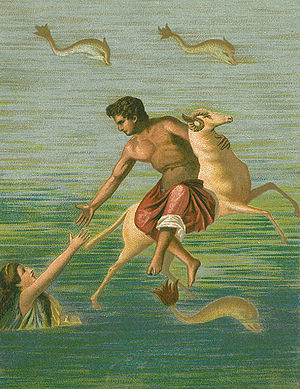
When I wrote a series of posts on resonances between the Argonautica by Apollonius of Rhodes and several features of Old Testament narratives, I confessed I did not know how to understand or interpret the data. But someone else does. Philippe Wajdenbaum in 2008 defended his anthropology doctoral thesis, “Argonauts of the Desert: Structural Analysis of the Hebrew Bible.” He applies the structural analysis of myths as developed by Claude Lévi-Strauss to the Bible, something Lévi-Strauss himself never got around to doing, although he did eventually encourage biblical scholars to do so. This post looks at one detail of a detail-rich article in the 2010 Scandinavian Journal of the Old Testament (Vol. 24, No. 1, 129-142), “Is the Bible a Platonic Book?” (After a few more posts on this my next project will be to see if the same type of analysis can be used to suggest origins of the Gospel myths.)
Lévi-Strauss and structural analysis of myths
In Wajdenbaum’s words,
For Lévi-Strauss, a version of a myth is always derived from an existing adaptation, originating most of the time from a different culture and language. A myth must always be analysed in comparison to its variants within the same cultural area where contacts between populations are proven. (p. 131) Continue reading “The Bible’s roots in Greek mythology and classical authors: Isaac and Phrixus”
